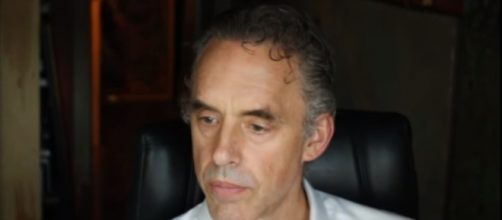YouTube seems to be already implementing its new, vaguely-defined content policies. A Canadian university professor, Jordan B. Peterson, has been locked out of his YouTube account.
Born in 1962, Peterson is a clinical psychologist and cultural critic. He has taught at McGill University, the University Of Toronto, and has worked as an assistant and an associate professor in the psychology department at Harvard. Professor Peterson wasn't very well known outside academic circles until the Bill C-16 controversy.
Bill C-16 controversy
Bill C-16 is a law passed by the Canadian Parliament in 2016.
It is meant to "protect individuals from discrimination within the sphere of federal jurisdiction and from being the targets of hate propaganda, as a consequence of their gender identity or their gender expression," as published on Library of Parliament Research Publications and the official Parliament of Canada website.
Here's the video that went viral and made Jordan B. Peterson famous:
Professor Peterson refused to use preferred personal pronouns, which lead the HR department of the University of Toronto to send him two warnings. Peterson stood his ground, publishing an op-ed in The National Post in which he stated: "I will never use words I hate, like the trendy and artificially constructed words "zhe" and "zher." These words are at the vanguard of a post-modern, radical leftist ideology that I detest."
The aftermath
Peterson's anti-PC attitudes have landed him in a lot of trouble, but they've also helped him become an internet celebrity of sorts.
After the above video got published, the professor was invited to various talk shows, TV shows and podcasts, including the extremely popular "The Joe Rogan Experience."
The sudden fame prompted Peterson to start his own YouTube channel, which currently has almost 400,000 subscribers. Professor Peterson's videos have been getting a lot of attention, but after publishing a Biblical lecture the account got locked with no "explanation given," claims Peterson.
Google is refusing to reinstate my account. Violation of terms of service. No explanation given. https://t.co/sLOxXgw7De
— Jordan B Peterson (@jordanbpeterson) August 1, 2017
Websites like The Daily Wire and The Washington Times have published stories about the account's ban.
Will the professor get his account back, or will he, at least, get an explanation from YouTube? Could it be that his videos were deemed inappropriate by some and that was all that it took?
It will be interesting to see this entire issue unfold, but if YouTube keeps doing things like this, vloggers and users alike will be forced to switch to a more censorship-free platform.


